Not letting meat rest
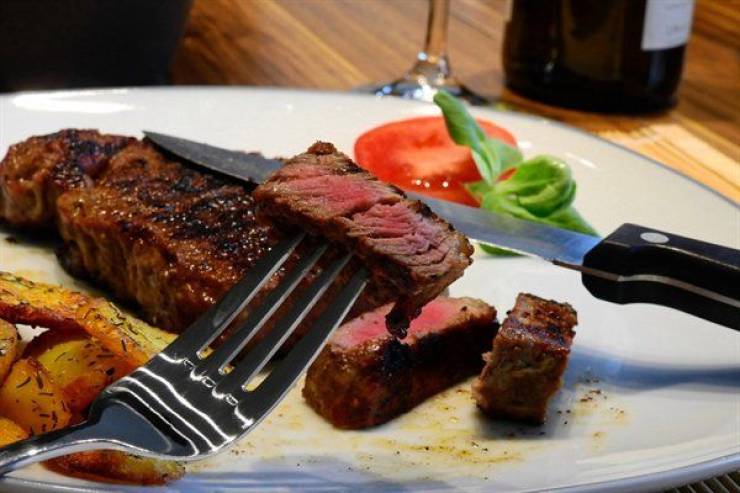
Eat it while it’s nice and hot, right? Makes sense, but you have to remember that meat needs time for juices to evenly distribute throughout the food. For your average pieces of meat, allow 5 minutes of rest time before eating. For things like a whole chicken or turkey, 20 minutes minimum.
You boil rather than simmer
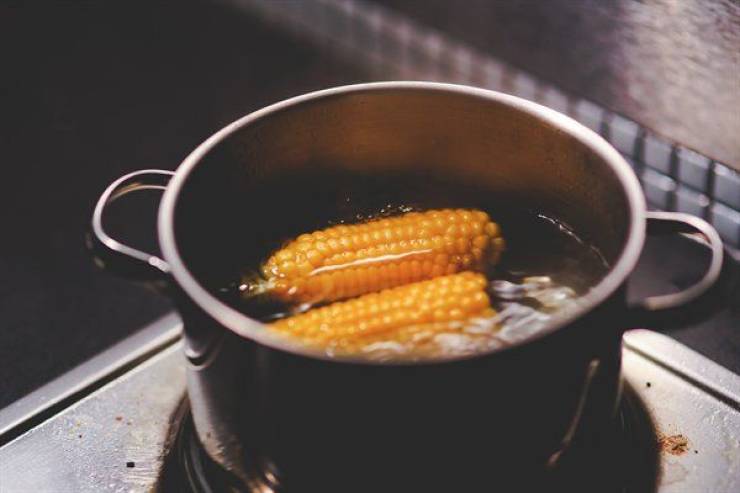
If a recipe calls for something to be boiled, boil it. If it asks to simmer something, simmer it. The important thing is to remember the difference. A simmer sees a few bubbles coming to the surface every second or so. Anything more intense than that is a boil. Boiling something that is meant to be simmered can lead to a dish that’s cloudy, tough, or dry.
Cooking in a pan that isn’t hot enough
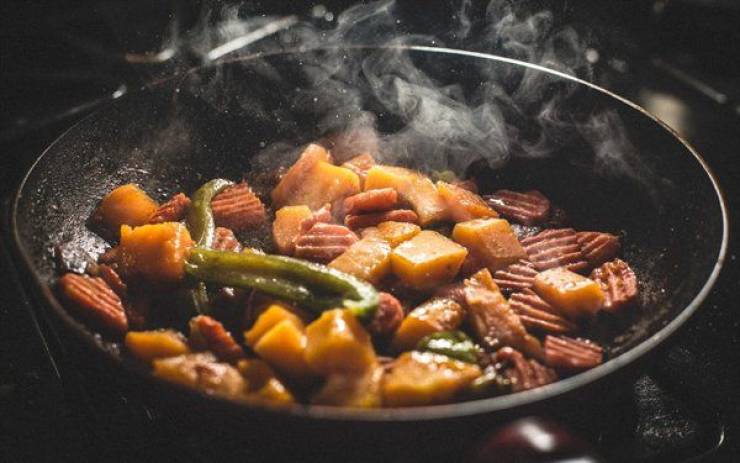
Always remember that when you add your meat or vegetables into the pan, there will be a loss of heat. Cooking veggies in a pan that isn’t hot enough from the get-go will lead to soggy veggies.
Not ‘shocking’ your veggies after cooking
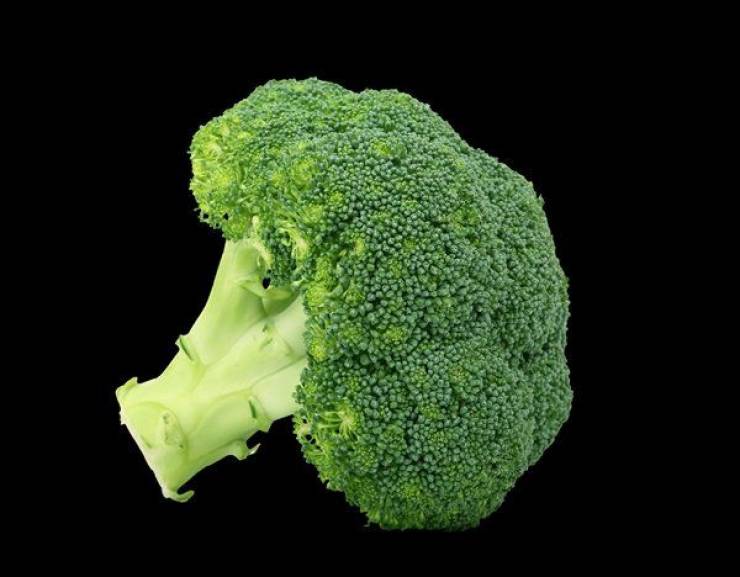
If you don’t plunge or rinse your just-cooked veggies in cold water, they will continue to cook and end up soggy and rubbery. This only applies to boiled veggies, of course.
Taking meats from fridge-to-pan

Cold meats cook unevenly. If you can, try to let your meat get to room temp before cooking. (Don’t do this with chicken, though.)
You’re too casual when it comes to measuring in baking
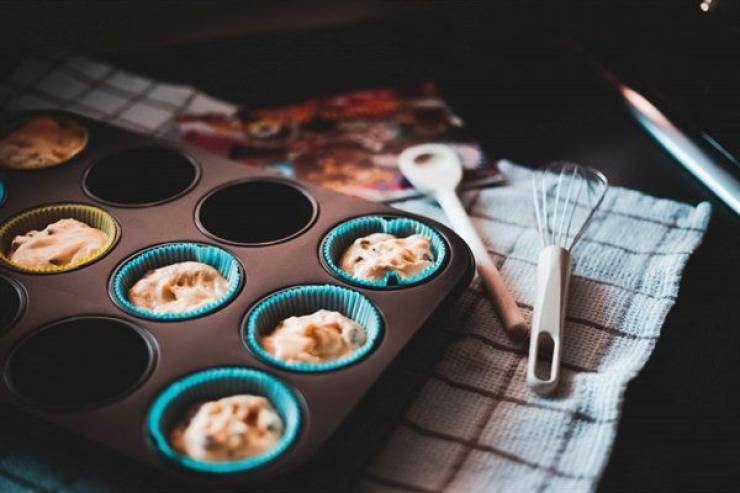
When it comes to cooking, dishes are typically very forgiving when you estimate measurements. However, baking is like a science, and if you are too casual with your ingredient measurements, it can drastically change the outcome.
Over-softening butter
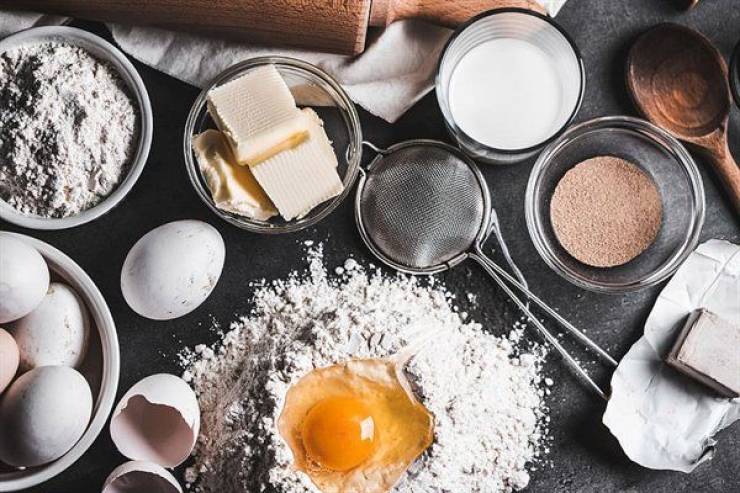
When baking cookies, be sure that you don’t leave your butter out for too long. A soft butter will lead to cookie dough that wont hold its shape when baked.
Overcrowding the pan
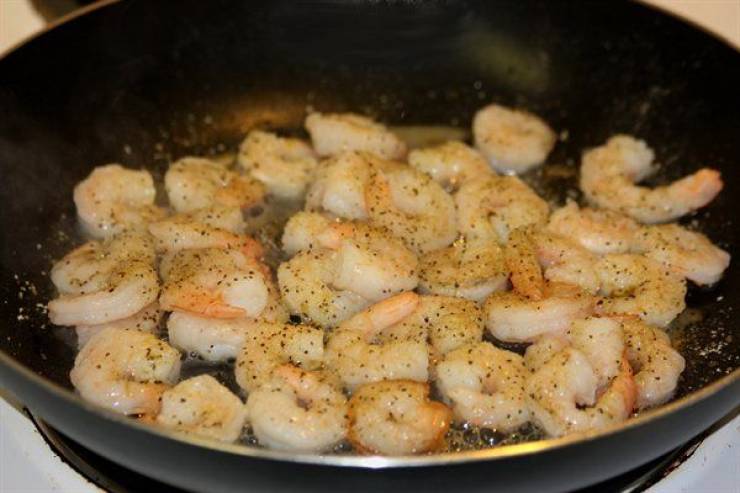
If you do this, you can be left with lots of juices within the pan during the cooking process. This leads to the meat boiling rather than searing.
Not tasting as you go
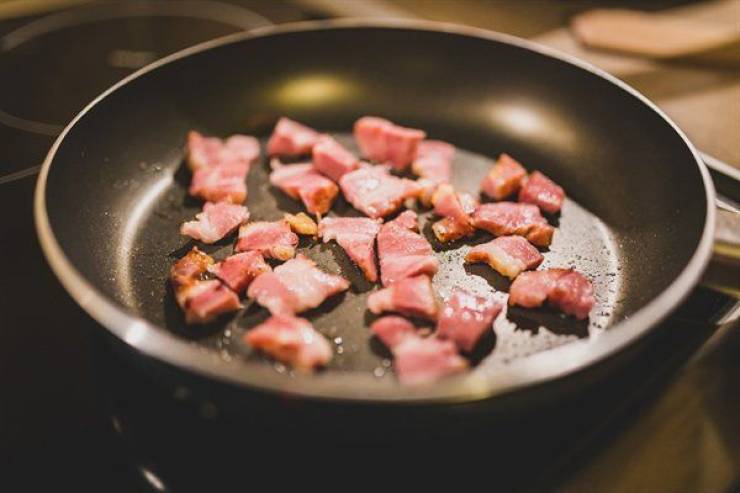
Marco Pierre White always said “TASTE, TASTE, TASTE!” while his crew was working diligently underneath him. Taste your foods and sauces as you’re cooking them to get an idea of whether or not you need to add more seasoning or other ingredients.
Flipping meat too often
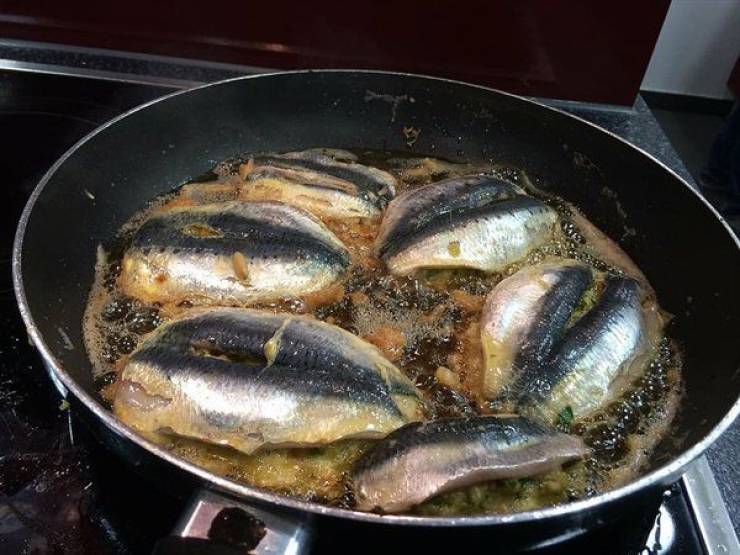
While it makes sense that you’d want to turn your meat frequently to allow for even cooking, it is important to let it rest within the pan. This develops that wonderful sear we all strive for.
Melting chocolate too quickly
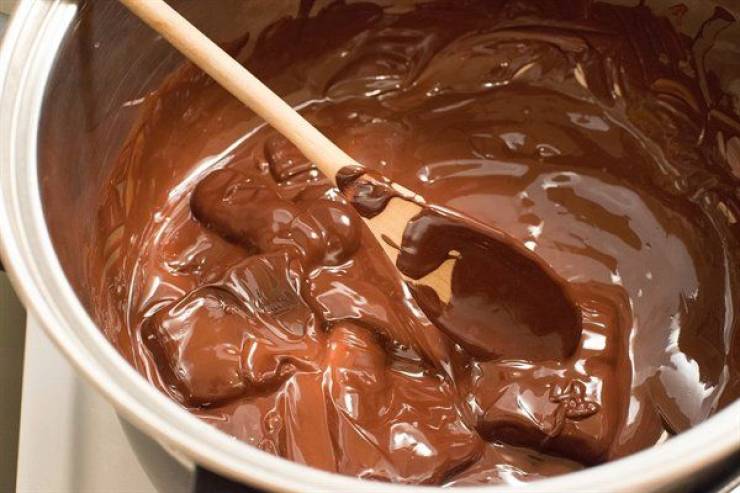
When melting chocolate, it is important to go low and slow, and preferable with a double boiler. Melting your chocolate too fast will lead to curdled chocolate, which is gross.
Not reading the recipe in its entirety first
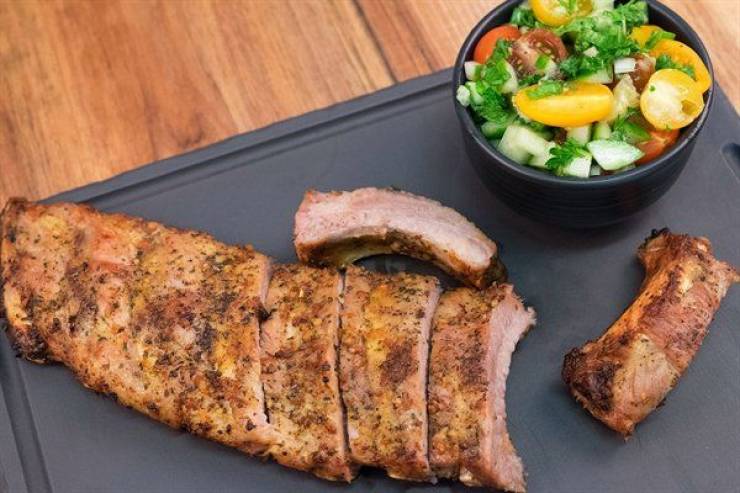
How many times have you gotten to the end of a recipe only to realize you’re either missing something or that you completely f@#ked up the order of something? Read the recipe first!
Overheating low-fat milk products

Milk is relatively forgiving when it comes to boiling. However, if you’re substituting your milk with a low-fat product, remember that it will curdle a lot faster. Heat the product slowly and to no more than 180 degrees.
Slicing meat along the grain
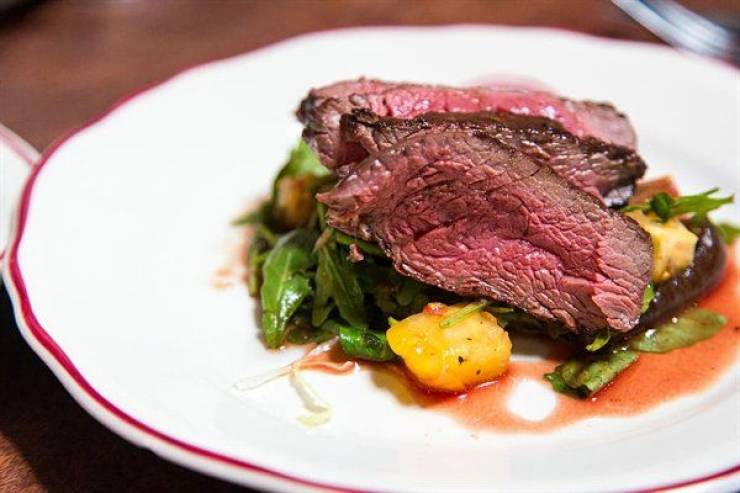
Be sure to slice your meats against the grain rather than along it. Slicing along the grain can lead to a chewy bite.
Over-kneading dough
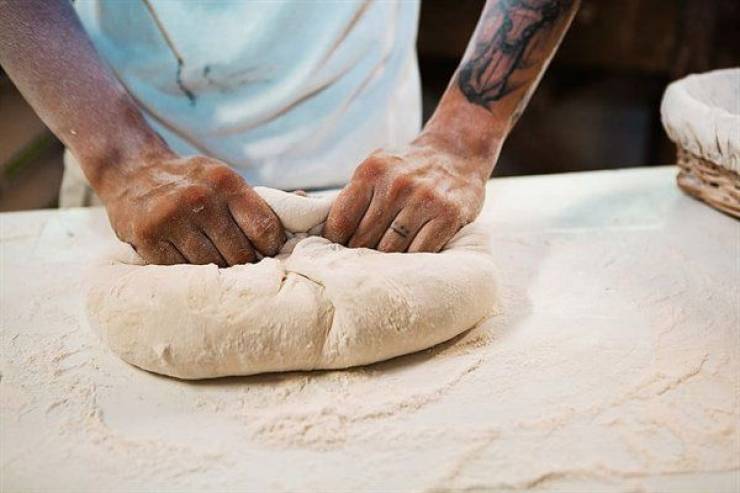
Kneading dough is fun. It’s satisfying, too. But, it’s something that you don’t want to do too much of otherwise you’ll end up with a tough product. Kneading until the flour is incorporate is perfect.
Rushing the caramelization process
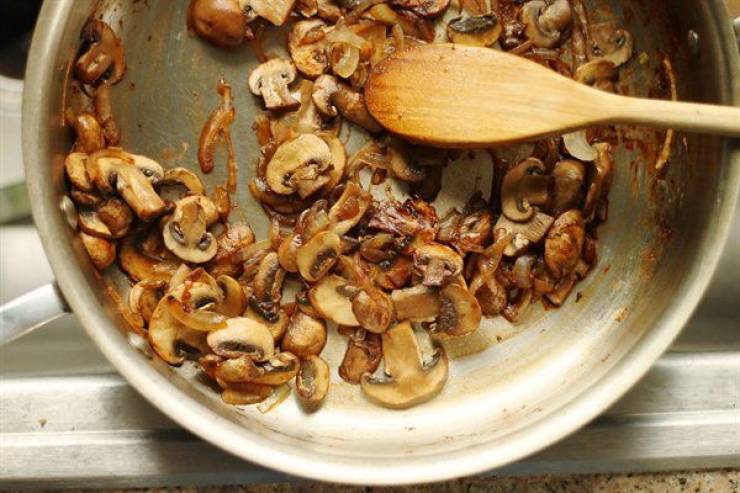
For onions to get to that perfect melt-in-your-mouth consistency that we all love, you need to give it time. Achieve this with a lower heat and more patience rather than high heat.

 Barnorama All Fun In The Barn
Barnorama All Fun In The Barn